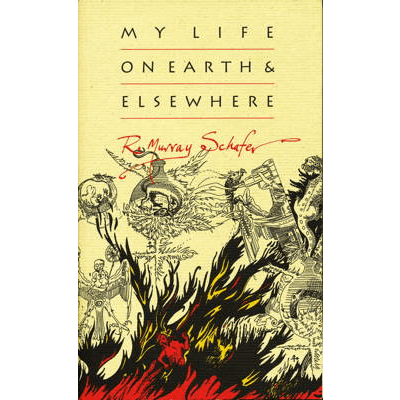- Rachel Laurin
- SoloVoce
- Sarah Gibson
- György Cziffra
- Fereydoon Shahbazyan
- Savonlinna
- Lake Irrsee
- Middle English
Easley Blackwood
American composer, pianist, teacher and writer Easley Blackwood Jr was born on 21 April 1933 in Indianapolis, Indiana, where he studied piano from the aged of four, had perfect pitch and was appearing solo with the Indianapolis Symphony Orchestra by the time he was fourteen. He studied at several places in the USA and then in Paris with Nadia Boulanger, Paul Hindemith and Olivier Messiaen.
He had a forty year teaching career at Chicago University, with students including William Allaudin Mathieu, David O'Fallon and Paul Rapoport, a wide repertoire as a pianist, encompassing composers from the Second Viennese School, Pierre Boulez and Charles Ives, and was pianist in the Chicago Pro Musica chamber group.
As a composer, Blackwood wrote five symphonies, several concertos, chamber music (including a Chamber Symphony for Fourteen Wind Instruments) and a set of Microtonal Etudes. He switched styles abruptly in 1981. Prior to that, his output was atonal, polyrhythmic and somewhat conventional, but afterwards he experimented with electronics and microtones to create unusual equally tempered scales and gradually moved towards late-nineteenth-century tonality, similar (according to Blackwood himself) to that of Franck, Ravel and Verdi. Chicago-based Cedille Records has released several recordings of his music, and he also recorded for them as a pianist, including the albums Radical Piano and Blackwood plays Blackwood.
Blackwood is also known for his book The Structure of Recognizable Diatonic Tunings (Princeton University Press, 1985).
Easley Blackwood died, aged eighty-nine, on 22 January 2023.



